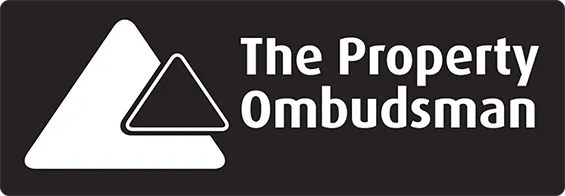What is down valuing
Down valuing in the UK refers to a situation where a property is valued by a surveyor or lender at a lower price than what the buyer or seller expected. This can occur in different scenarios, such as when a property is being sold, refinanced, or used as collateral for a loan.
Down valuing can have significant implications for both buyers and sellers. For buyers, it can mean that they are unable to secure a mortgage for the full amount they need to purchase the property, which could result in the sale falling through or the buyer having to come up with a larger deposit. For sellers, it can mean that they may have to lower their asking price or risk the sale falling through.
There are several reasons why a property might be down valued. One common reason is if the surveyor or lender considers the property to be overvalued. This could be due to a number of factors, such as poor condition, structural issues, or unfavorable market conditions.
Another reason for down valuing is if there are discrepancies between the buyer's and seller's expectations of the property's value. For example, the seller may have an inflated view of the property's worth, or the buyer may be offering too little based on the property's location, size, or condition.
In some cases, down valuing can be challenged or appealed. This may involve providing additional evidence to support the property's value or seeking a second opinion from a different surveyor or lender.
Overall, down valuing is an important factor to consider when buying or selling a property in the UK. Buyers and sellers should be prepared for the possibility of down valuing and seek professional advice to ensure they are making informed decisions.



